1975-1985
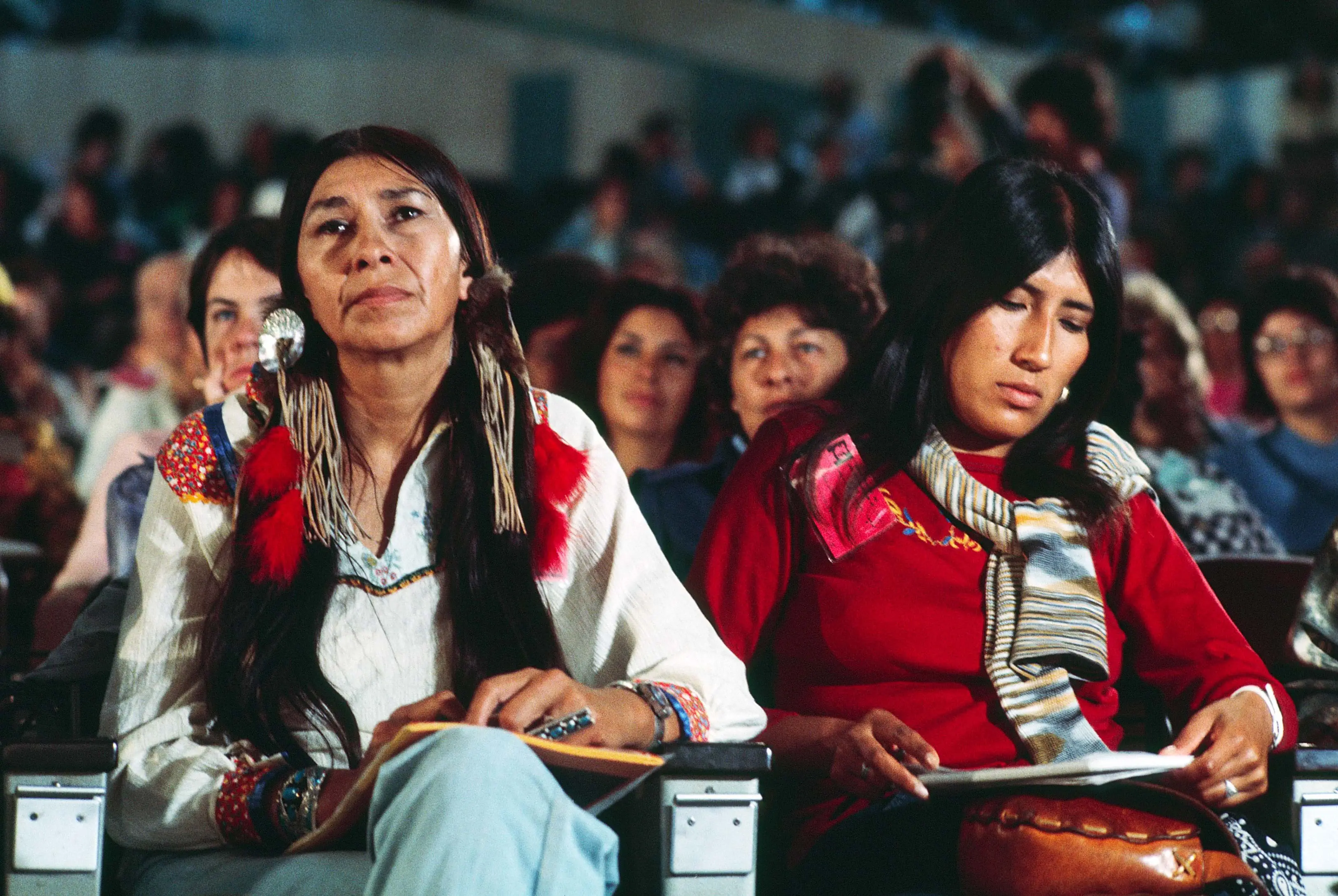 UN Photo/B Lane
UN Photo/B LaneThe UN declares 1975 International Women’s Year
With this declaration, the UN held its First World Conference on Women in Mexico City, escalating the global discourse on women’s rights. Ford helped to bring a number of organizations from Asia, Africa and Latin America to Mexico City to ensure women from the Global South would not just be part of but inform the conversation. From there, the foundation began to expand its efforts to support gender equality across the globe and examine how gender played into its international programs.
Muhammad Yunus pioneers the idea of microfinance
As states started to legalize contraception in 1965, Ford began funding reproductive health research and organizations like Planned Parenthood, which was founded on the revolutionary idea that women have the right to make their own decisions when it comes to their bodies. Planned Parenthood has since become America’s leading sexual and reproductive health care provider, treating 2.4 million patients last year alone, and now works with more than 120 organizations worldwide.
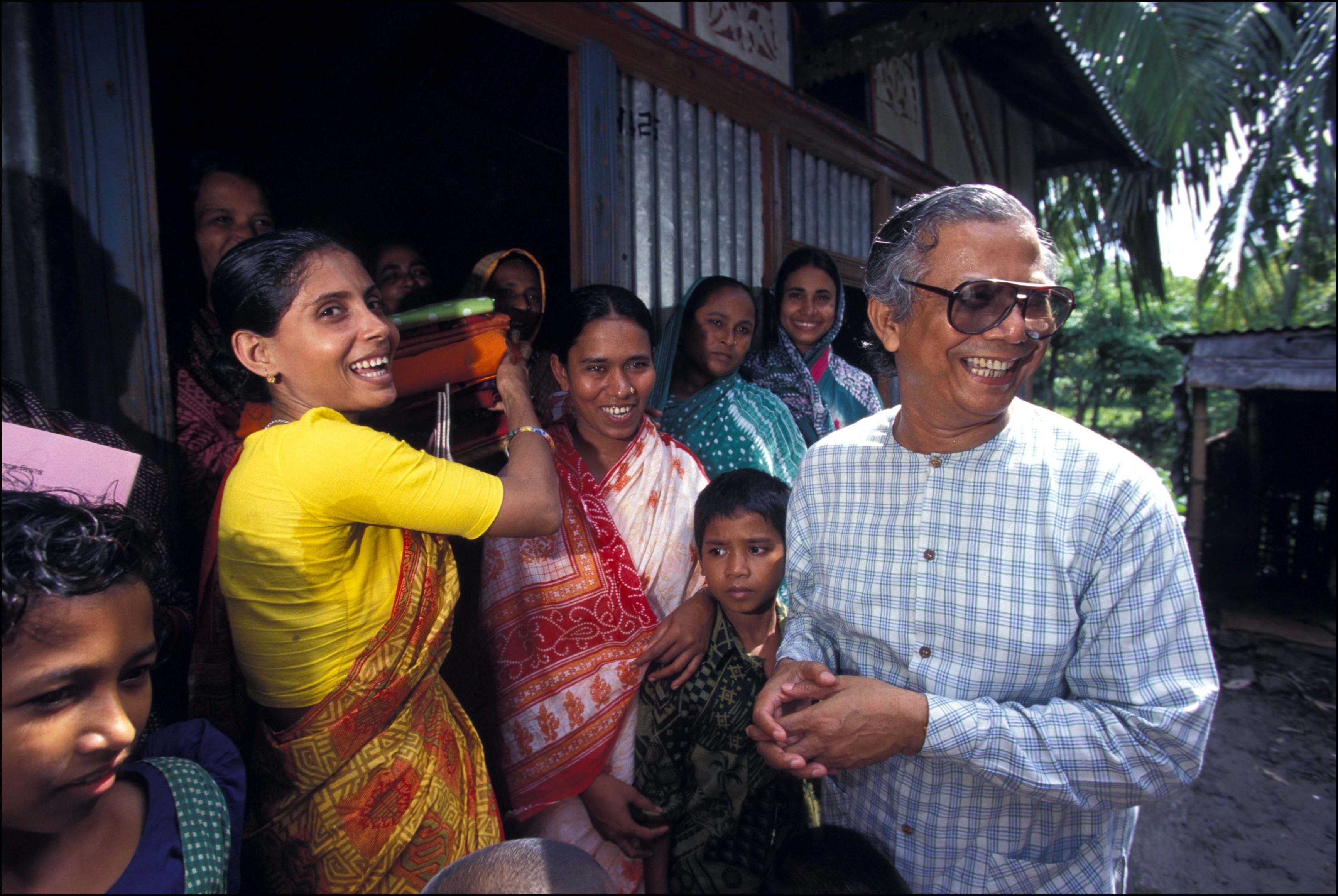 Robert Nickelsberg/Gamma-Rapho via Getty Images
Robert Nickelsberg/Gamma-Rapho via Getty Images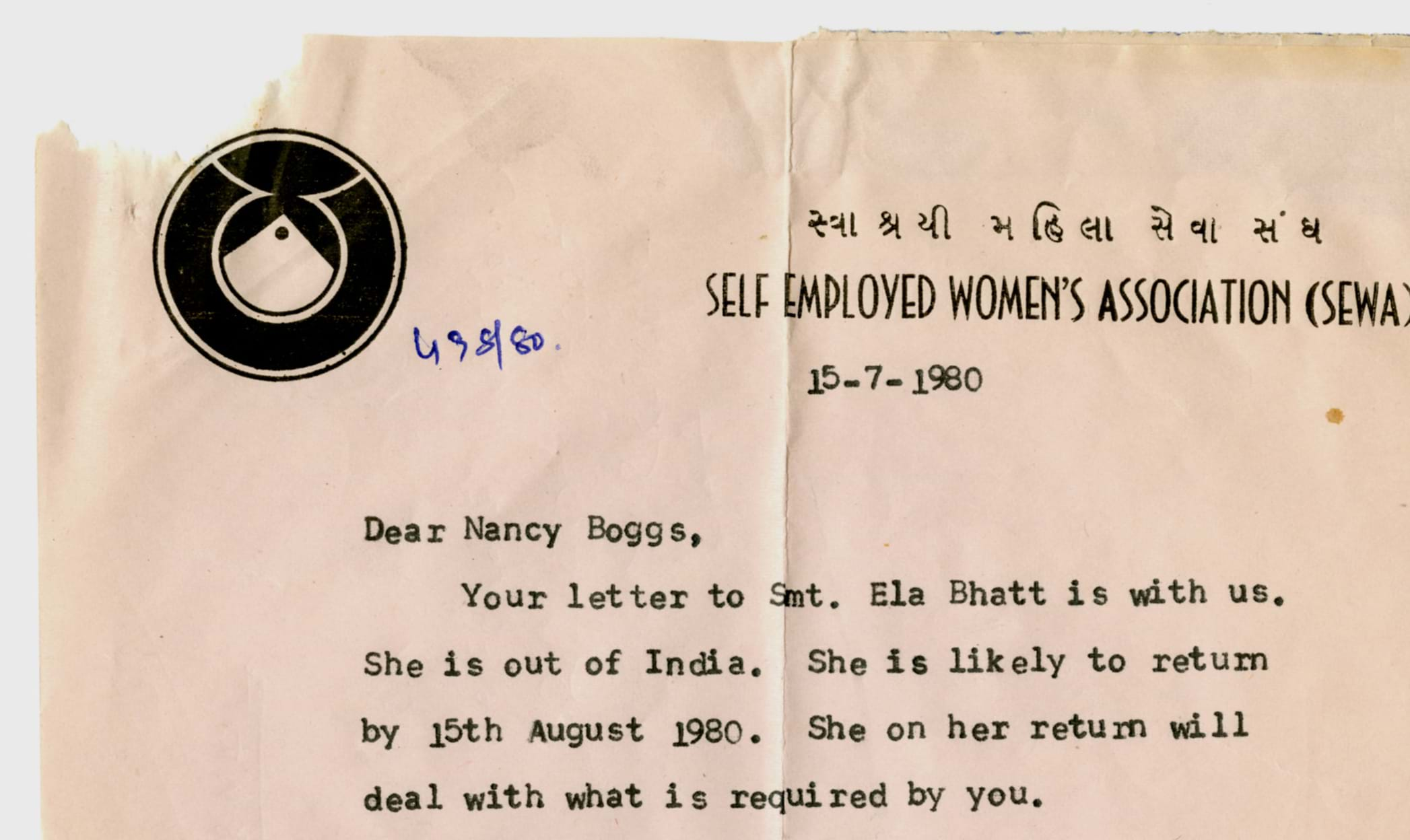 Ford Foundation
Ford FoundationEla Ramesh Bhatt builds a movement to empower India’s low income women
After a long career of organizing for women’s and worker’s rights, Bhatt founded Self-Employed Women’s Association (SEWA), which Ford funded shortly after its creation in 1972. SEWA was created to empower low-income women working across India to find personal fulfillment and earn a living on their own. Today, the organization has provided small loans to and trained more than two million women.
Ford Fellow Gloria Steinem creates the Ms. Foundation
Steinem, who had established herself as an instrumental voice in America’s feminist movement, founded Ms. magazine and Ms. Foundation with Letty Cottin Pogrebin, Patricia Carbine and Marlo Thomas in 1972. Ford provided ongoing funding to the Ms. Foundation to support its efforts to advance women’s social and economic status and protect their rights. Steinem went on to create the Women’s Media Center, the Women’s Action Alliance and the National Women’s Political Caucus and, at 85, remains at the forefront of women’s causes.
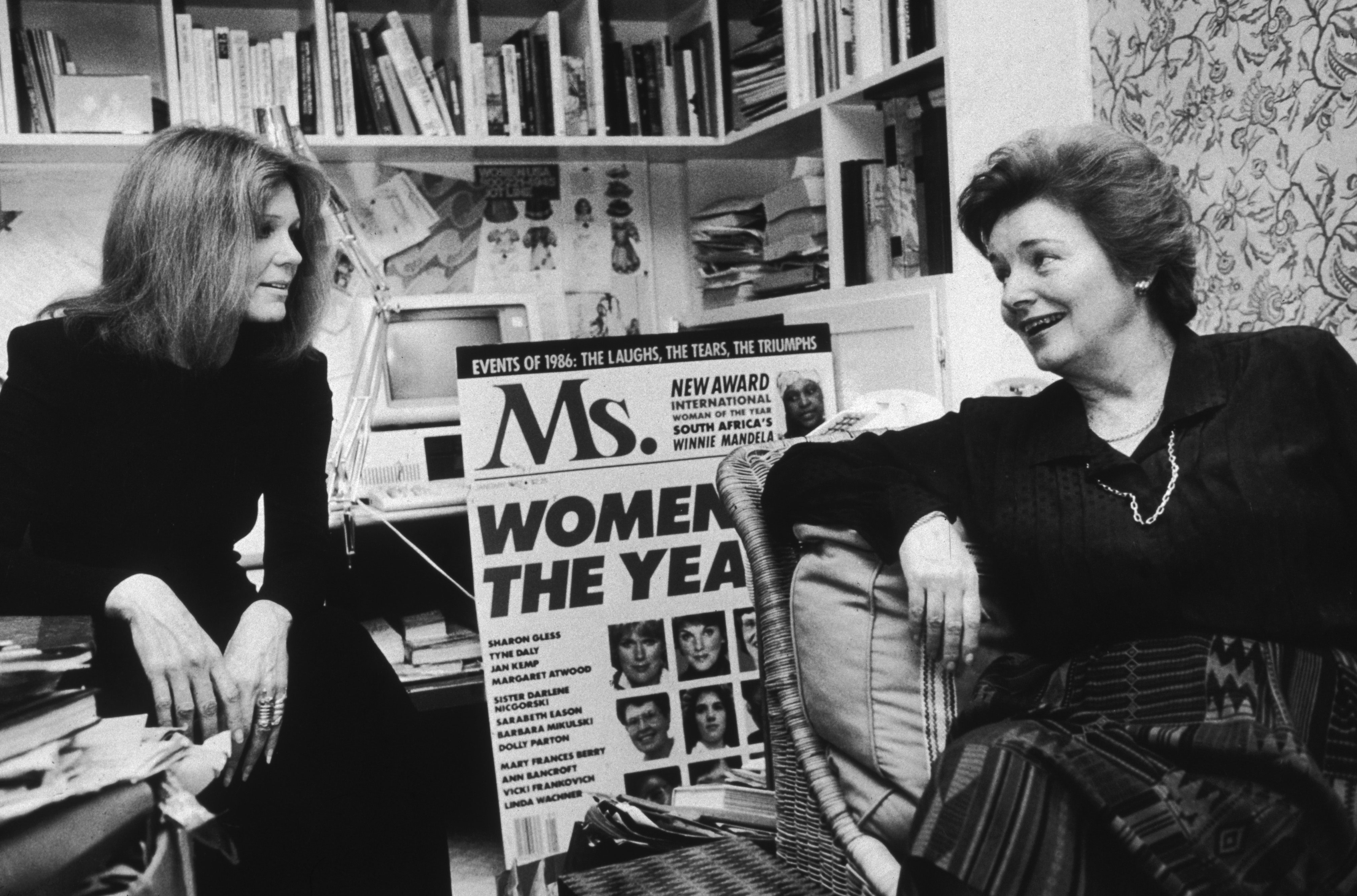 Angel Franco/New York Times Co/Getty Images
Angel Franco/New York Times Co/Getty Images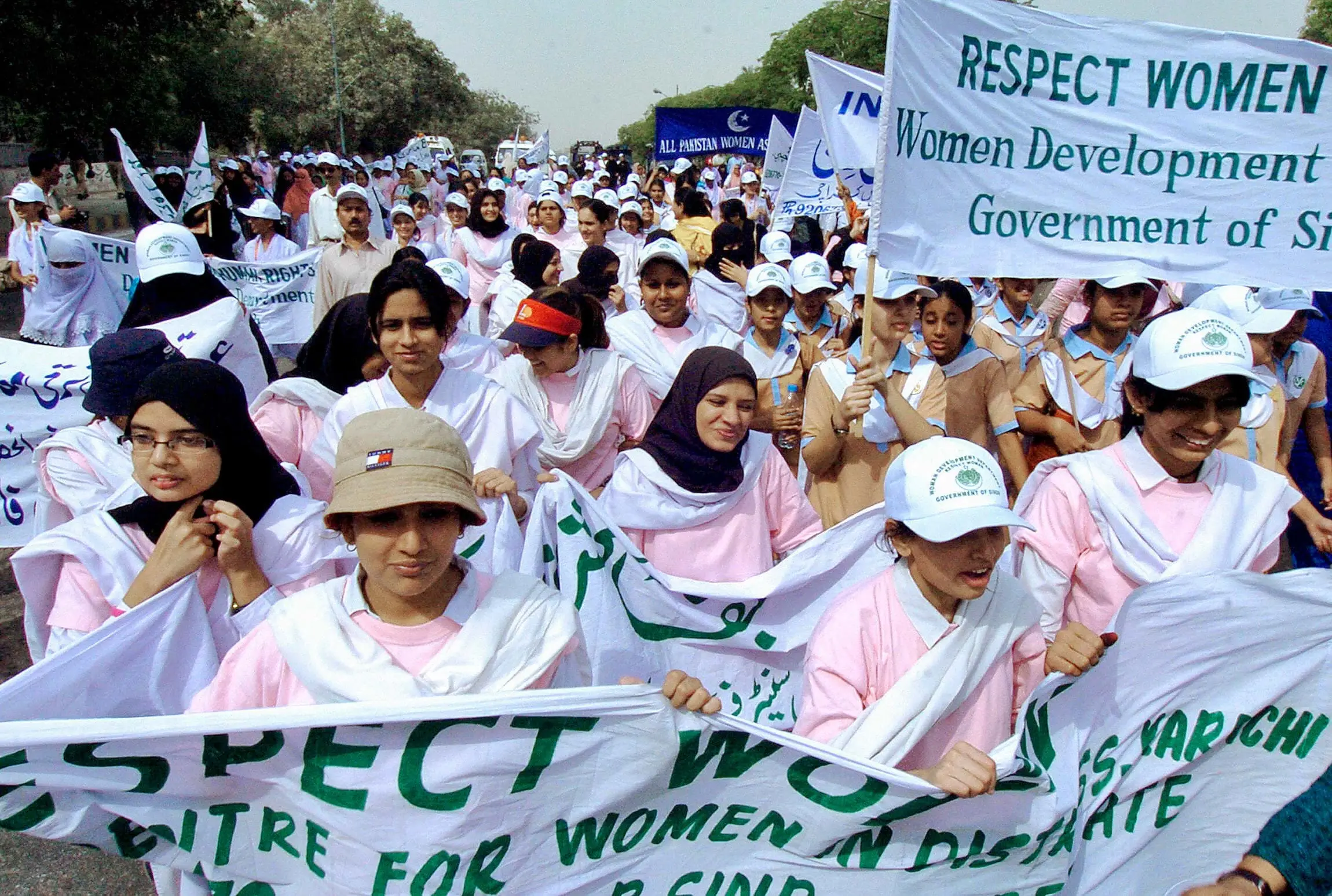 Asif Hassan/AFP via Getty Image
Asif Hassan/AFP via Getty Image1979
The UN establishes an international bill of rights for women
In 1979, when the UN committed to eliminating discrimination of all forms against women, Ford increased its efforts to protect human rights locally and globally. We funded a number of legal rights organizations, such as the Women’s Legal and Human Rights Bureau in the Philippines and nonprofits in Nepal, China, Bangladesh and Indonesia working to educate women of their legal rights and seek justice on their behalf. Ford also helped establish what became Human Rights Watch and encouraged the organization to recognize women’s rights as human rights. Today, Human Rights Watch defends the rights of people in more than 90 countries.
Connie Field creates The Life and Times of Rosie the Riveter
Field’s acclaimed documentary, the first of her career, chronicled the pioneering American women who stepped up during World War II to perform “men’s jobs,” like working in factories and running shipyards. The Ford-funded film earned 15 international awards for best documentary, has been preserved by the US Library of Congress, and has remained in active distribution for more than 30 years.
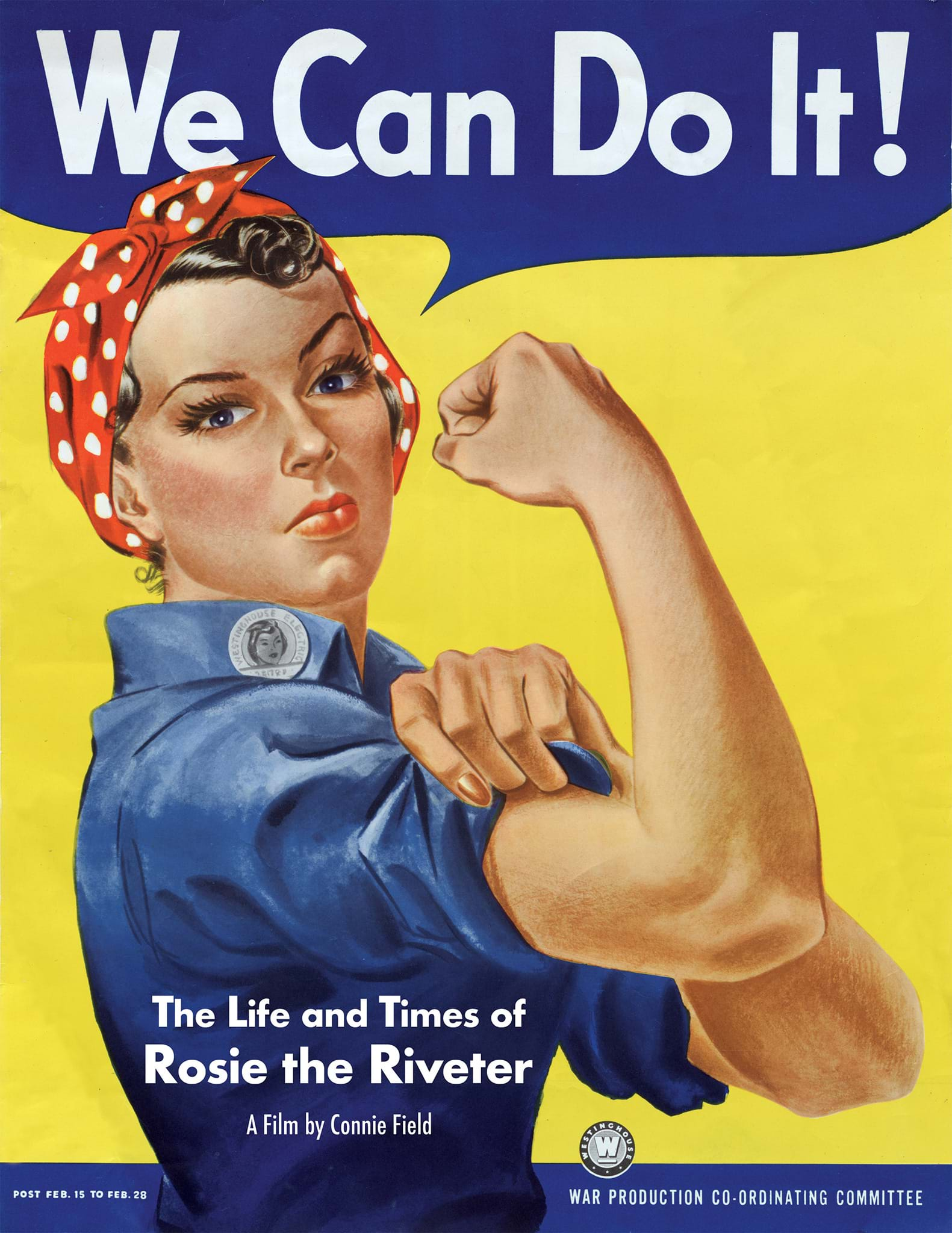 Courtesy Clarity Films
Courtesy Clarity Films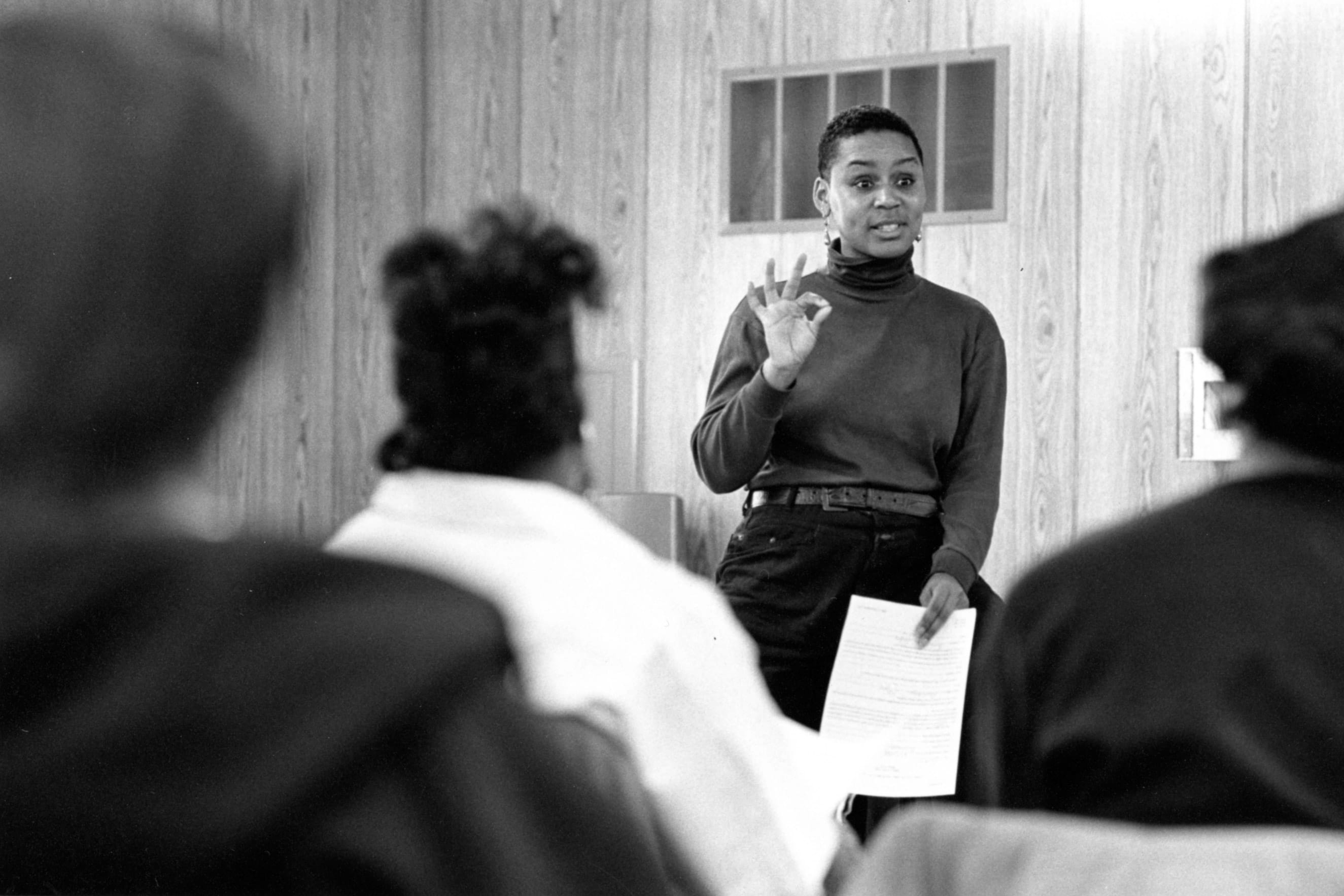 Ford Foundation
Ford Foundation1981
Title IX of the Education Amendment passes
Thanks to the efforts of the National Women’s Law Center, Title IX became law, making it illegal for schools to discriminate against students on the basis of sex. The center, which Ford began to invest in in 1981, has gone on to win landmark cases to significantly improve the lives of women in the US and increase the number of women judges over the past 40 years.
1982
The National Council for Research on Women builds the case for gender equity
In 1982, the National Council for Research on Women brought together 28 academic centers to drive policy for women’s equality in the US. The research, supported by Ford, evaluated the roles and contributions of women in society, and the center (now merged with the International Center for Research on Women) went on to become an instrumental platform for feminist research, working with multiple sectors and disciplines on issues across the gender spectrum.